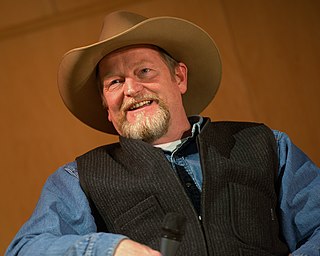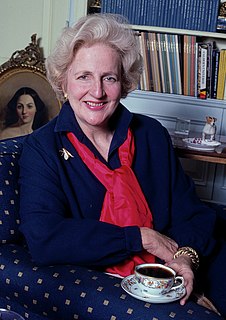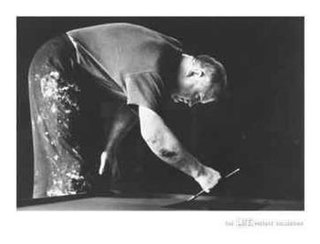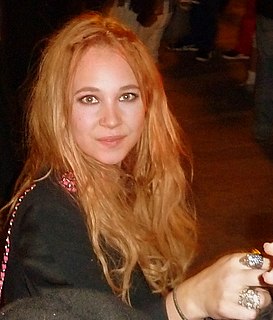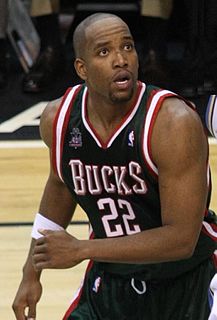A Quote by Craig Johnson
Artists are always good for conversation, so long as you want to talk about their art.
Related Quotes
Artists talk about art in sort of straightforward terms, more like the way you talk about plumbing fixtures. Does it function well? Does it bring the hot water up from the cellar efficiently, or does it lose too much thermodynamic energy in the process? Artists are also very ruthless with each other and can be very brutal in evaluating each other's work because their criteria is almost more mechanistic. Does it do what it's supposed to be doing in an efficient way? That doesn't mean that intention is not part of the conversation, but it's not the foreground.
I happen to disagree with the well-entrenched theory that the art of conversation is merely the art of being a good listener. Such advice invites people to be cynical with one another and full of fake; when a conversation becomes a monologue, poked along with tiny cattle-prod questions, it isn't a conversation any more.
Artists raise their kids differently. We communicate to the point where we probably annoy our children. We have art around the house, we have books, we go to plays, we talk. Our focus is art and painting and dress-up and singing. It's what we love. So I think you can see how artists in some way raise other artists.
Much good art got made while money ruled; I like a lot of it, and hardship and poverty aren't virtues. The good news is that, since almost no one will be selling art, artists - especially emerging ones - won't have to think about turning out a consistent style or creating a brand. They'll be able to experiment as much as they want.
